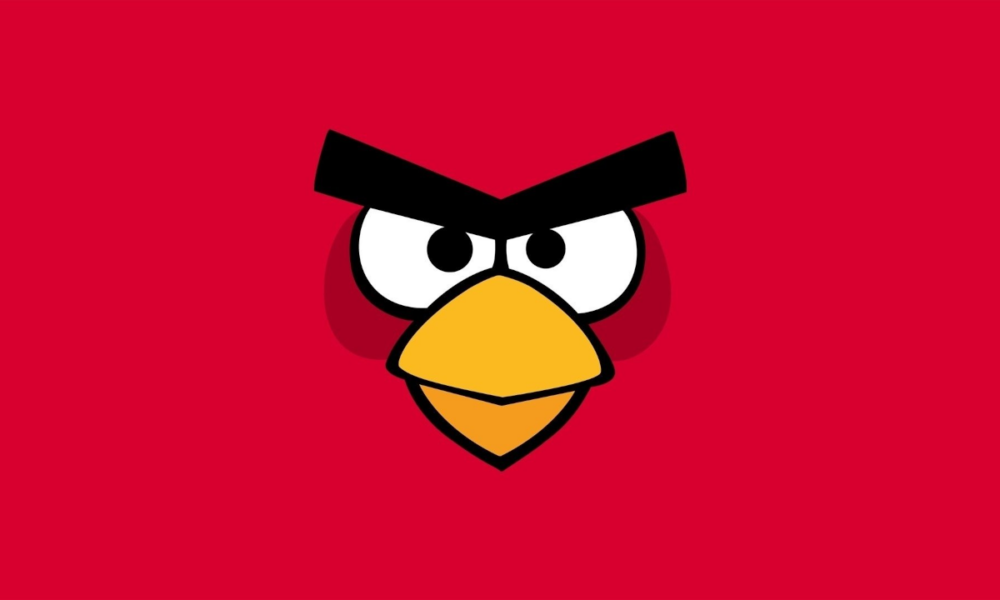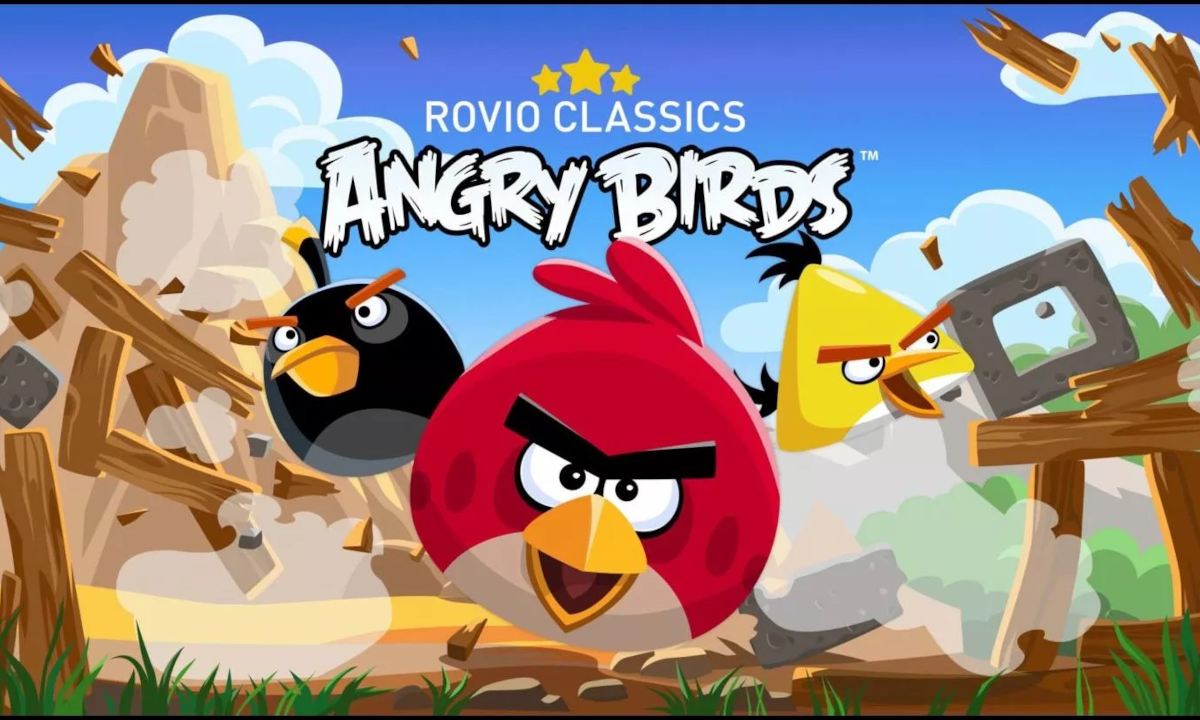You won’t be able to buy Angry Birds anymore, and that’s very bad news
- February 24, 2023
- 0
Talking about Angry Birds takes us back to another era, close in time but very, very far away if we’re talking about the regard that game developers (and
Talking about Angry Birds takes us back to another era, close in time but very, very far away if we’re talking about the regard that game developers (and

Talking about Angry Birds takes us back to another era, close in time but very, very far away if we’re talking about the regard that game developers (and increasingly developers of other types of applications) have for their users. A time when the most important thing about games was that they were fun, that users felt attracted to its design, decided to go through the box to get it, and simply enjoyed it from there.
It was 2009, the time when smartphones started to gain ground and the position thanks to the huge potential of applications when a game appeared on the Apple App Store (it would later come to Android and many other platforms) in which you had to shoot birds at structures built by malicious pigs in order to recover the eggs that they stole from the birds nests. Fourteen years later, the concept still sounds just as weird, but the premise is still fun and the game continues to be as exciting as it was on day one.
Because of the virality and because the game was really fun, it took a short time to reach the top of the sales charts and all kinds of mobile game reviews. Rovio, the small studio behind Angry Birds, started pouring in a lot more money than they ever imagined, and as usual, new versions of the game soon began to arrive, some of which were really good.

But it all went wrong, at some point between that stellar start and the current moment, and that’s something we can’t solely blame on Angry Birds or Rovio, as it’s an endemic evil in the sector. I am of course talking about microtransactions, games free to play of which there are actually more play to win and how investors and shareholders have been able to turn video games into casinos and/or Persian bazaars where all that matters is that the user pays, pays, pays, and pays again.
A little less than a year ago, in April 2022 and in a move that could be interpreted as bucking the trend, Rovio “resurrected” the classic Angry Birds, which had previously been removed from the Android and iOS stores. A game that for 1.19 euros (current price in the App Store) offers you hours and hours of fun without having to pay the cash register every few seconds or suffer the effects of advertising.
But they say good things don’t last and in this case they are not wrong because Rovio has announced that it will be removing Angry Birds from both stores, making it no longer available for purchase. Read the official statement about it this tweet:
Please read below for an important announcement regarding the availability of Rovio Classics: Angry Birds. pic.twitter.com/a4n4bU5gQJ
—Rovio (@Rovio) February 21, 2023
We’ve evaluated the business model for Rovio Classics: Angry Birds and its impact on the rest of our catalog, so we’ve decided to remove it. Or, if you’ll allow me to translate it into human form: “It turns out that people would rather pay for a game than be bombarded with ads and microtransactions. Rovio Classics: Angry Birds made our titles with all the pay to win crap, make less and since it doesn’t really matter to the players, we decided to eliminate the one that turned out to be their preferred option. I think it’s a bit longer, but it’s better understood that way.
The impact of Angry Birds on the rest of our catalog, they say, because of course it would be worse to say that pay-to-wins charge less because users can make one payment and enjoy the gaming experience. Because of course that would mean admitting that for them for a long time we stop being players to become wallets, wallets, wallets with legs.
Which leads me to look at the cynicism with which they conclude the statement by stating that they want to make the best experience possible for players… Is there anyone who believes such a fallacy? Unless, of course, when we talk about players, they actually mean their shareholders and investors, in which case it is clear that they are not their first, no, they are their only priority.
Source: Muy Computer
Donald Salinas is an experienced automobile journalist and writer for Div Bracket. He brings his readers the latest news and developments from the world of automobiles, offering a unique and knowledgeable perspective on the latest trends and innovations in the automotive industry.